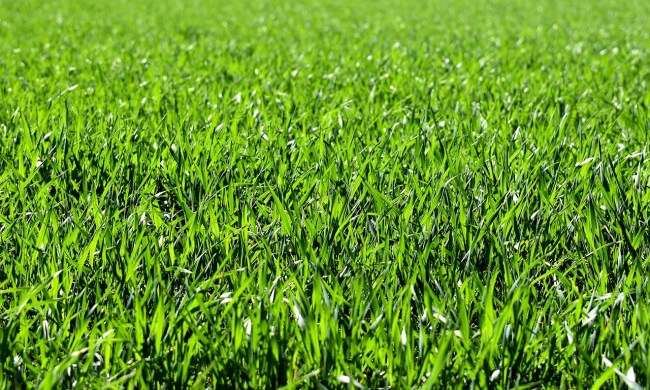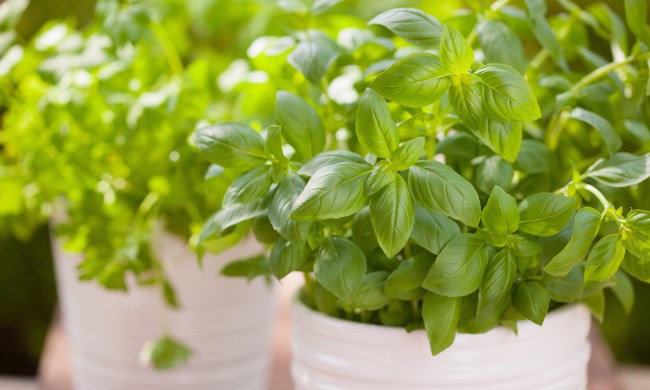Squash makes an excellent addition to summer and fall vegetable gardens. Squash on their own are relatively easy to grow, but gardens rarely contain only one plant. So what should you grow next to your squash, and what plants should be farther away? This guide to squash companion plants will answer all your questions. We’ve compiled a list of some of the best squash companion plants, as well as a few of the ones you should avoid, so that you can plan your next garden without worry.
Beans and peas

Beans and peas are both classic squash companion plants. Native cultures have been planting them together for centuries as part of the three sisters planting method. Beans are nitrogen-fixing plants, meaning they pull nitrogen from the air and reintroduce it to the soil, benefiting the squash plants. Peas are legumes, just like beans, and they will also add nitrogen back to the soil. The squash leaves shade the soil, preventing it from drying out too quickly.
Beans, peas, and squash all enjoy full sun and rich, well-draining soil, so they’re well suited to the same environments. Beans and peas also pair well with many other squash companion plants, so you don’t need to worry about adding them to your garden.
Radishes
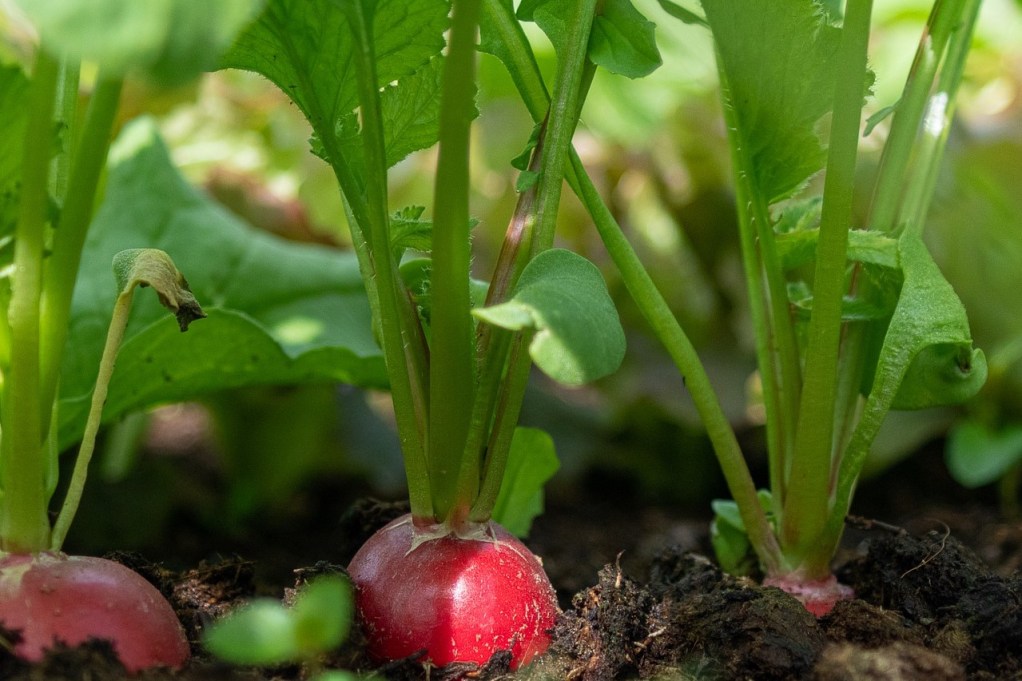
Radishes, beets, and carrots typically make good companion plants for squash and other vegetables. They are relatively small, quick growing, and need little care. Additionally, they don’t need many nutrients, so they won’t compete with your squash. However, spacing is important. If root vegetables are planted too close to your squash, they could compete for space with the squash’s roots, leading to one of two things. Either the root vegetables’ growth is restricted, or the root vegetables damage the squash plant’s roots. Either way, it isn’t a great outcome. They can be planted near your squash, but leave some space in between the plants to be safe.
Nasturtium and marigolds
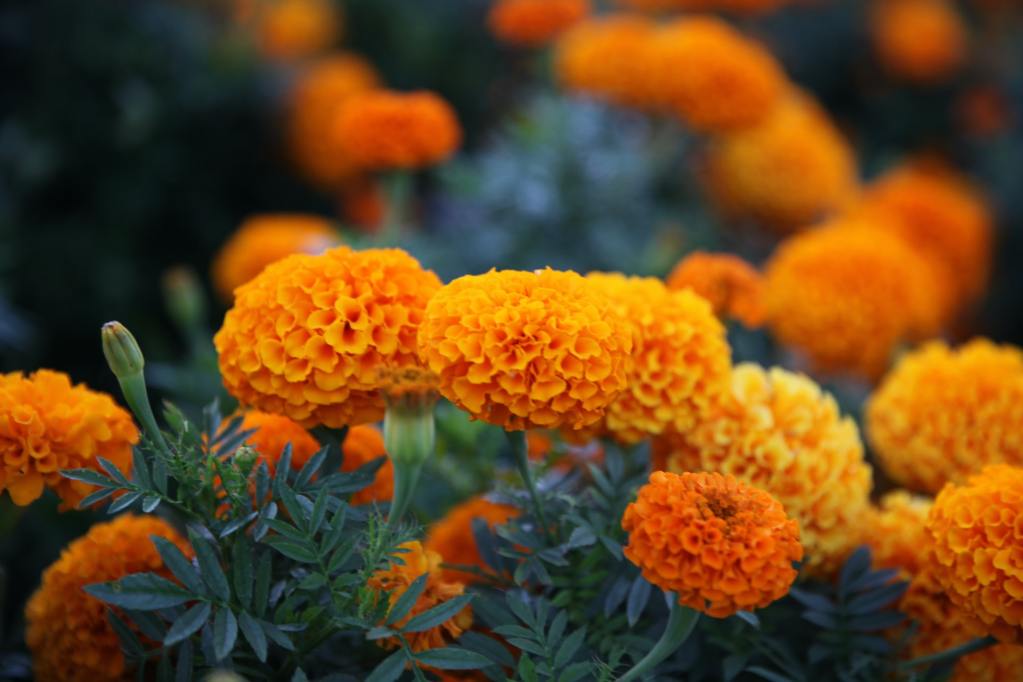
Nasturtium and marigold may be flowers, but they have a lot of benefits to offer your vegetable garden. In addition to being pretty, marigold and nasturtium will attract pollinators and other beneficial insects. Attracting pollinators makes you squash flowers more likely to be pollinated, meaning you’ll have more fruit. Beneficial insects such as ladybugs eat smaller pest insects, protecting your squash plant from potential pest damage.
Nasturtium and marigold are lovely and easy to grow, but they’re also great to have around fruit and vegetable gardens for that reason. They’re also edible, so you don’t need to worry about losing space that could more vegetables could use.
Oregano and dill
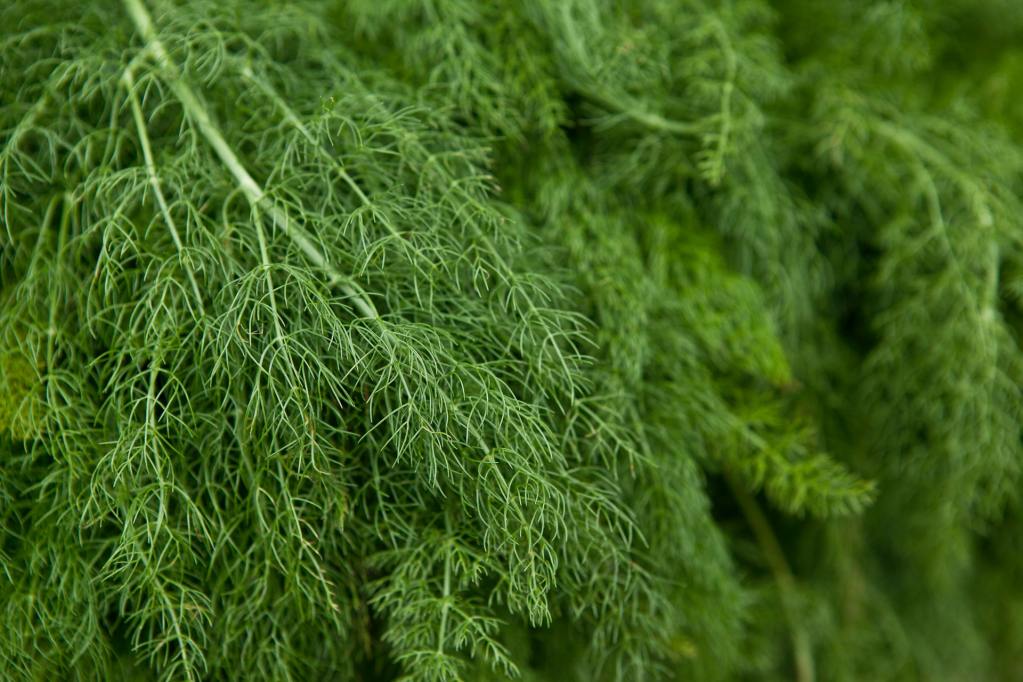
Similarly to marigold and nasturtium, oregano and dill provide several benefits to your vegetables. Dill is known to attract pollinators and beneficial insects like ladybugs. Oregano does as well, to a lesser extent. The primary benefit of oregano is pest control. Common wisdom is that strong-smelling herbs such as oregano, garlic, and rosemary repel pests that might damage your plants. It’s not 100% effective, but it does work for some gardeners, so it’s worth a try! Additionally, oregano and dill are delicious herbs that can pair with your squash even after harvesting, making them useful to have around.
Sunflowers and corn

Corn is the other sister in the three sisters planting method, and sunflowers can be used to provide the same benefits. In the three sisters method, corn can support the bean vines as they grow, while the squash leaves shade the ground and improve water retention. You can plant sunflowers in place of corn if you prefer. Even if you don’t want to grow beans or peas with your squash, sunflowers and corn both make good squash companion plants on their own.
What not to plant near your squash
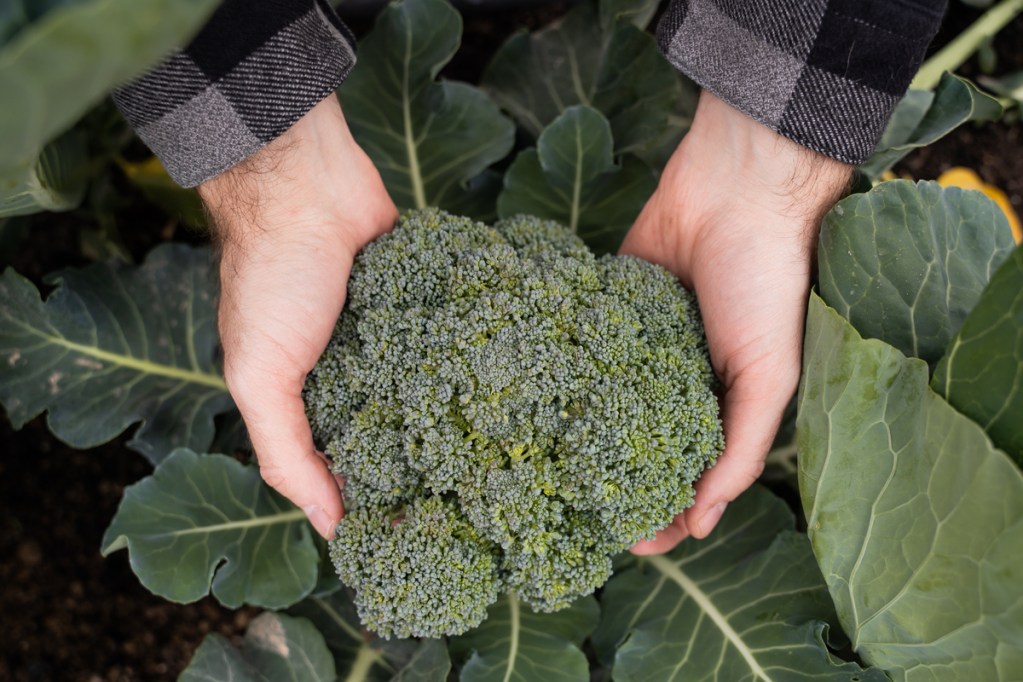
Avoid planting heavy feeders and plants that are closely related to squash. Heavy feeders, such as melons, broccoli, cauliflower, Brussels sprouts, and potatoes, will compete for nutrients with your squash. This can lead to one plant failing to thrive, or it can result in both plants weakening. Weak plants are more vulnerable to pests and diseases than healthy plants.
Plants that are closely related are susceptible to the same pests and diseases. If one of these pests or diseases finds its way to your garden, it can spread through your plants like wildfire, damaging all related plants since none of them are resistant. Squash’s close relatives are cucumbers, zucchini, melons, and pumpkins.
Squash plants are popular additions to fall vegetable gardens. While they can produce a large harvest, you will likely want something else to go with them. Now you know which plants to plant closest to them and which are better off further away. Planning your next vegetable garden will be a breeze!



